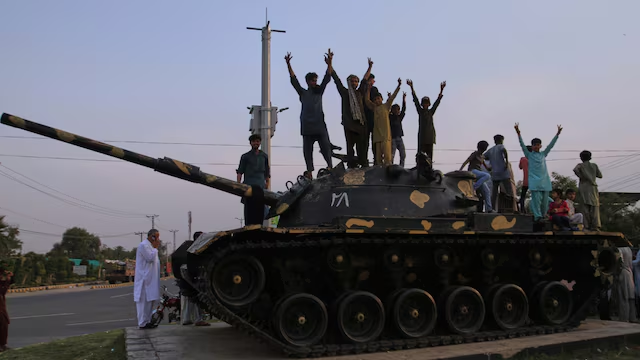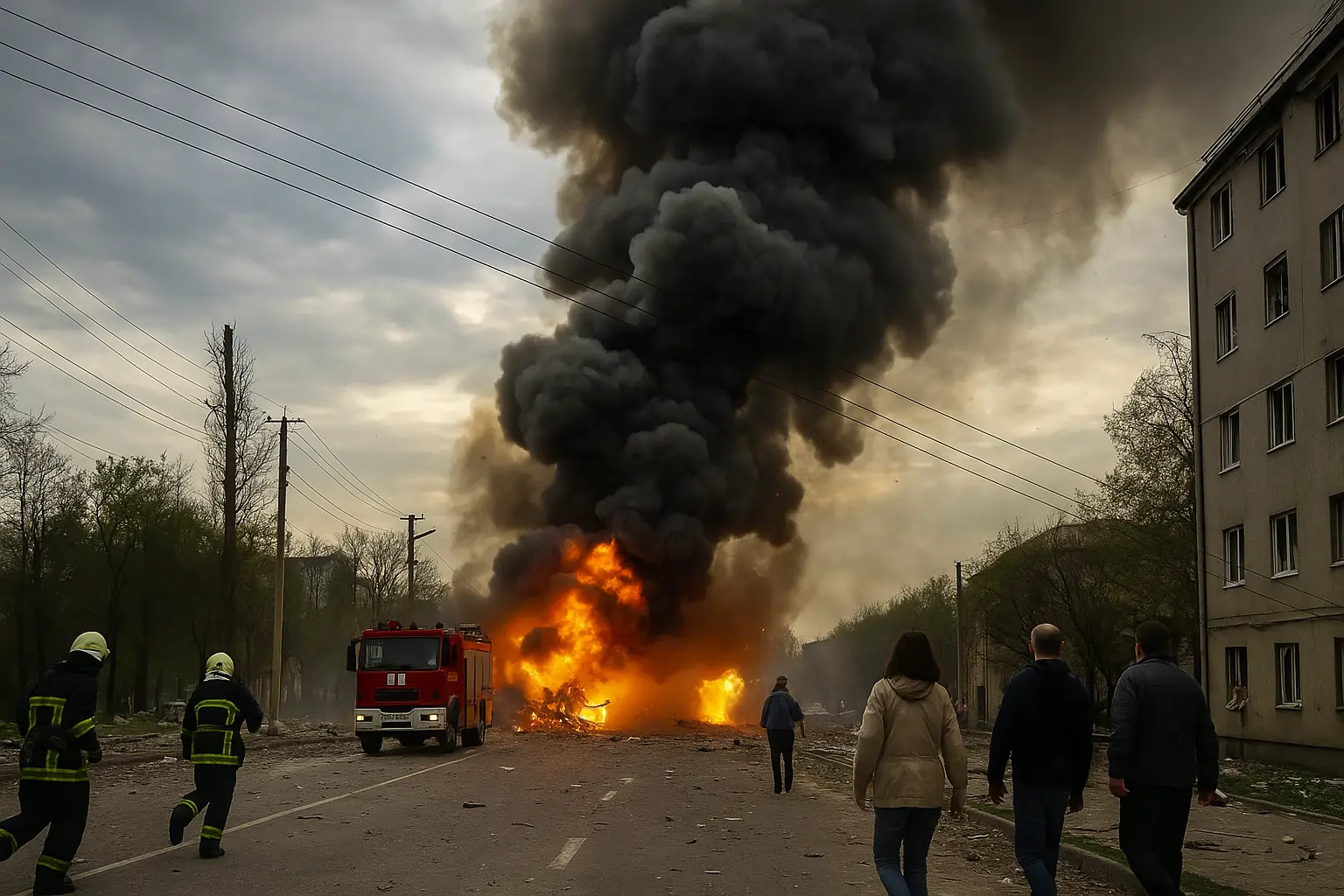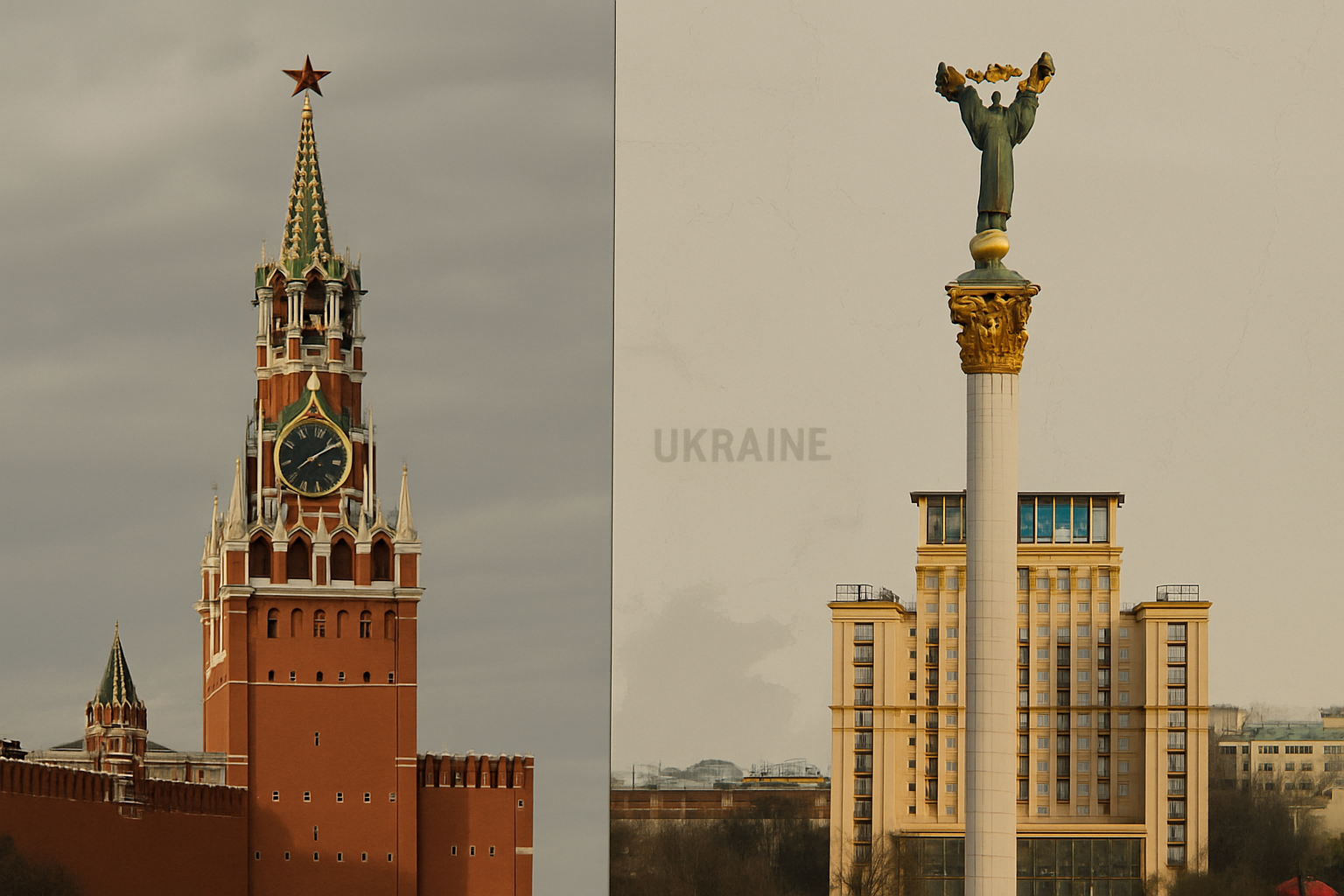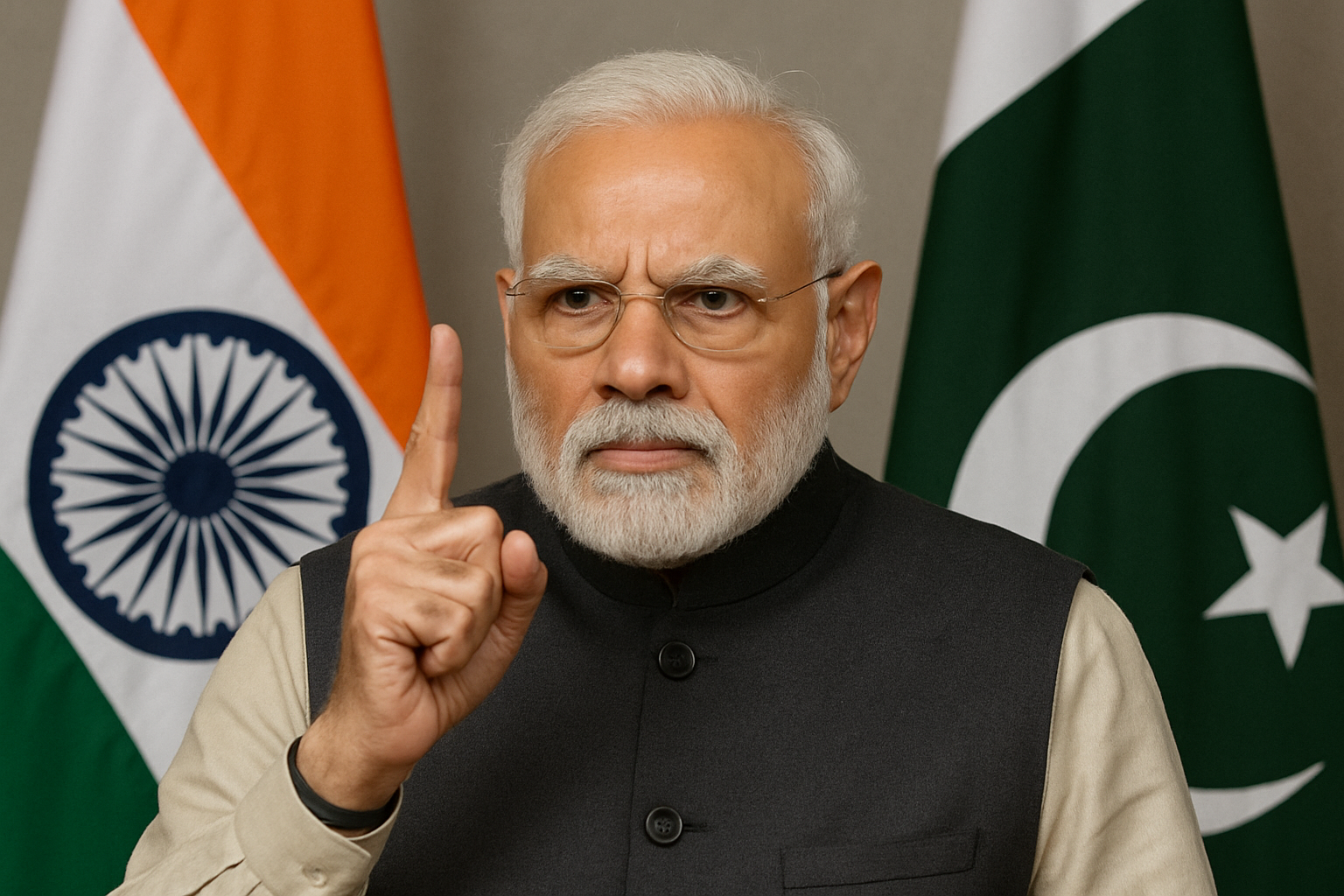Turkey, a country straddling both Europe and Asia, is home to one of the most significant Muslim populations in the world. At the crossroads of multiple civilizations, Turkey has been a bridge between the East and the West for centuries. However, it is also at the heart of some of the most pressing geopolitical issues today, including its relations with neighboring countries and its role in the ongoing tensions between India and Pakistan. Recently, the use of drones by Pakistan against India has raised questions about the region’s security dynamics. Here, we explore the Muslim demographic in Turkey and its connection to the growing tensions in South Asia.
Muslim Population in Turkey
Turkey, with a population of approximately 84 million, is overwhelmingly Muslim, with around 99% of the population identifying as Muslim. Islam has deep roots in the region, dating back to the arrival of the Seljuk Turks in the 11th century and the subsequent rise of the Ottoman Empire, which lasted for over 600 years. The majority of Turkey’s Muslims are Sunni, but the country also has a significant Alevi Muslim population, which is considered a sect within Shia Islam.
The country’s religious composition is deeply tied to its culture, politics, and history. Over time, Turkey has evolved from a multi-ethnic, multi-religious empire into a secular republic. However, in recent decades, the role of Islam in Turkish politics has gained prominence, particularly with the rise of the ruling Justice and Development Party (AKP), which has been in power for nearly two decades.
Pakistan’s Drone Use and India-Pakistan Tensions
Pakistan and India have had a long and contentious history, marked by territorial disputes, particularly over the Kashmir region. These tensions have sometimes escalated into full-scale wars, and in recent years, the use of military technology, including drones, has become a significant factor in this conflict. Drones, unmanned aerial vehicles (UAVs), are now a key tool for both surveillance and targeted strikes in modern warfare.
Pakistan has been accused of using drones to target Indian military sites and positions, particularly in disputed regions along the India-Pakistan border. These actions have intensified tensions, leading to fears of further escalation between the two nuclear-armed neighbors. The use of drones is often seen as a cost-effective and efficient military strategy, but it also raises concerns about the potential for civilian casualties and violations of sovereignty.
For Pakistan, drones represent a way to exert pressure on India without engaging in traditional warfare, which could lead to disastrous consequences given the nuclear capabilities of both countries. However, this tactic has also drawn international criticism, as drone strikes are often seen as violating international law and sovereignty.
Turkey’s Role in the Pakistan-India Tensions
While Turkey is geographically distant from the South Asian subcontinent, its strategic alliances and diplomatic relations make it an important player in regional politics. Turkey has traditionally been a close ally of Pakistan, with both countries sharing historical, cultural, and religious ties. This bond has only deepened over the years, with Turkey expressing solidarity with Pakistan on multiple international platforms, particularly in relation to the Kashmir issue.
Turkey’s stance on the Kashmir conflict has generally mirrored that of Pakistan, with Turkish leaders often calling for the resolution of the issue through dialogue and emphasizing the rights of Kashmiri Muslims. This diplomatic support, combined with Turkey’s military cooperation with Pakistan, has contributed to the geopolitical complexity of the region.
However, Turkey’s support for Pakistan has sometimes placed it in a delicate position, especially in the context of its relations with India. Turkey has long been an advocate for peace and stability in South Asia, but it also has to balance its support for Pakistan with the need to maintain its own national interests, which include strong economic and strategic ties with both India and the West.
The Future of Drones in Indo-Pakistani Relations
The role of drones in the India-Pakistan conflict is likely to remain a critical issue in the coming years. As both countries continue to invest in drone technology, the risk of these unmanned vehicles being used for further military operations remains high. This adds another layer of complexity to an already volatile situation.
Given the stakes, it is crucial for the international community, including countries like Turkey, to continue supporting diplomatic efforts aimed at de-escalating tensions between India and Pakistan. While drones may offer a tactical advantage in the short term, they cannot replace the need for a long-term peace agreement that addresses the underlying causes of the conflict.
Conclusion
Turkey’s Muslim population represents a significant portion of its identity, but its geopolitical role also extends far beyond its borders. The country’s relations with Pakistan, especially in the context of the ongoing India-Pakistan tensions, are a testament to the complex web of alliances and historical ties that shape international diplomacy today. As the use of drones continues to impact the security landscape in South Asia, the world watches closely, hoping that dialogue and diplomacy will ultimately triumph over military confrontation.
While Turkey’s position remains one of support for Pakistan, it is clear that the future of peace in South Asia depends on all parties involved engaging in meaningful discussions. As the situation evolves, it is crucial for countries like Turkey to use their diplomatic influence to encourage stability and peace in a region that has seen too much bloodshed over the years.
Also read: How much does a bottle of alcohol get in Pakistan? Know what are the rules regarding sales






